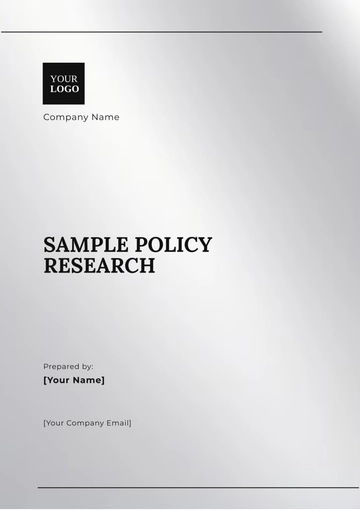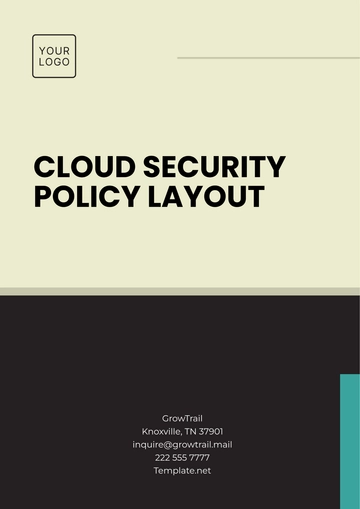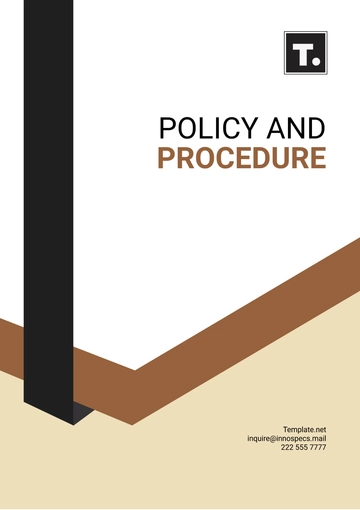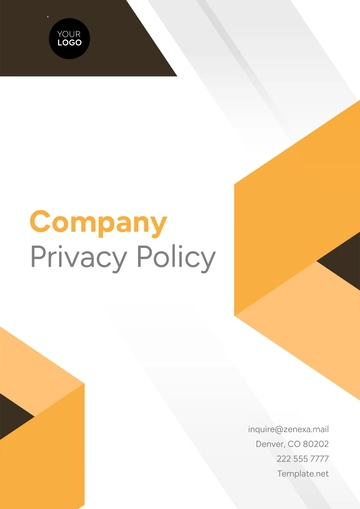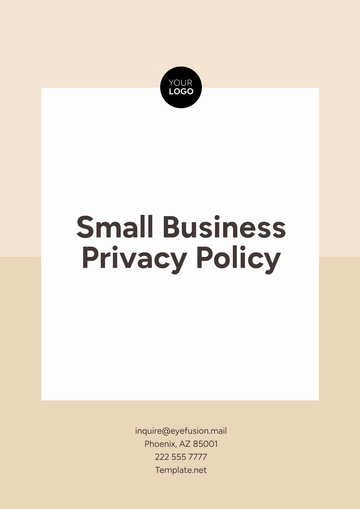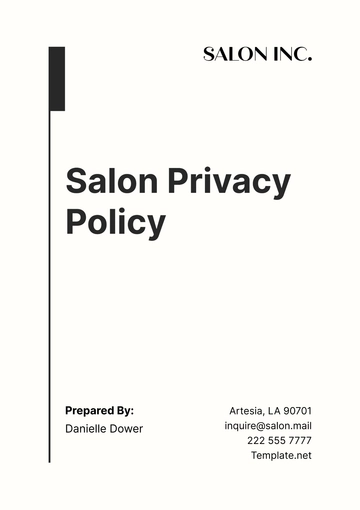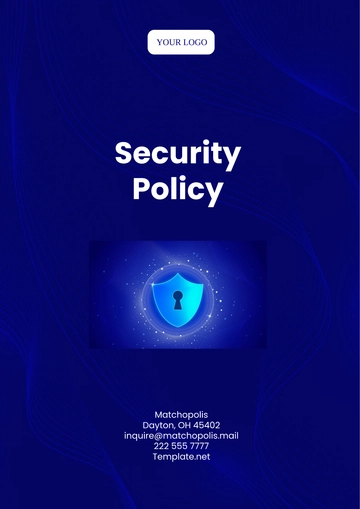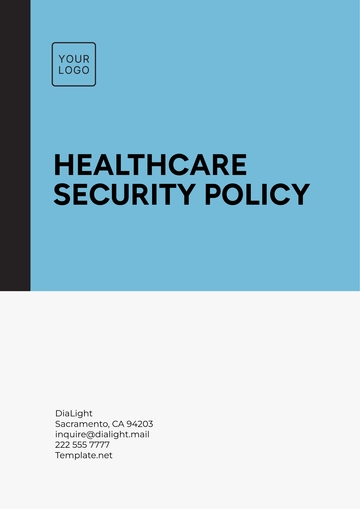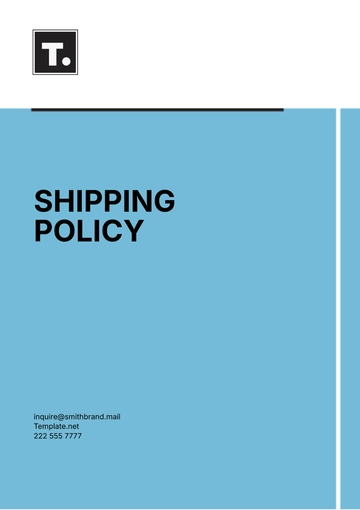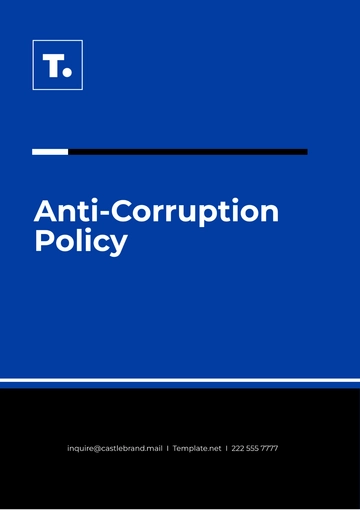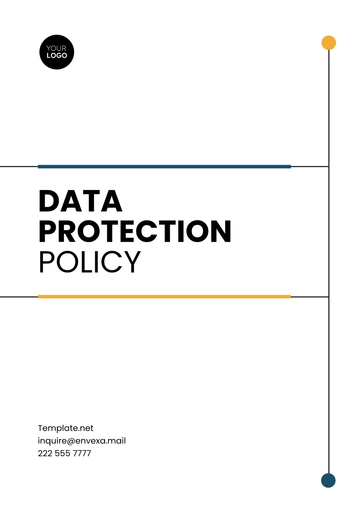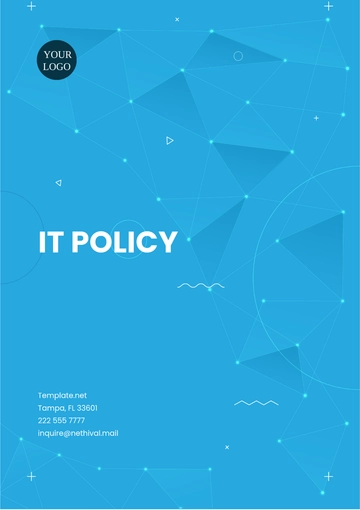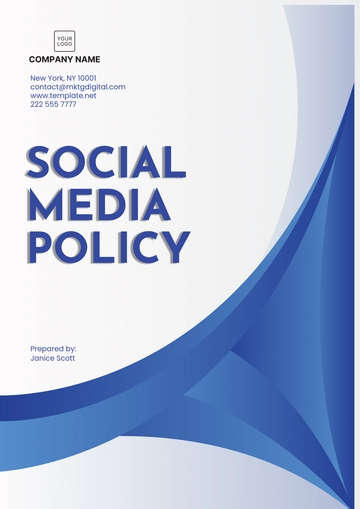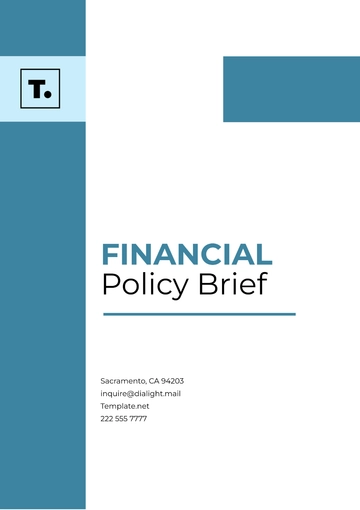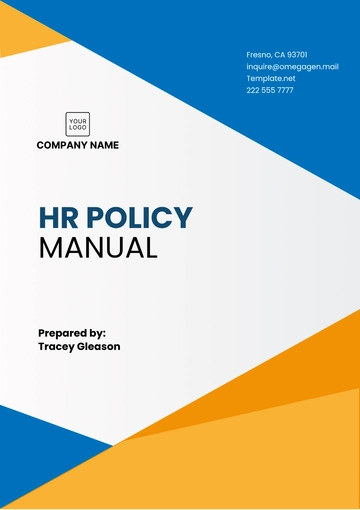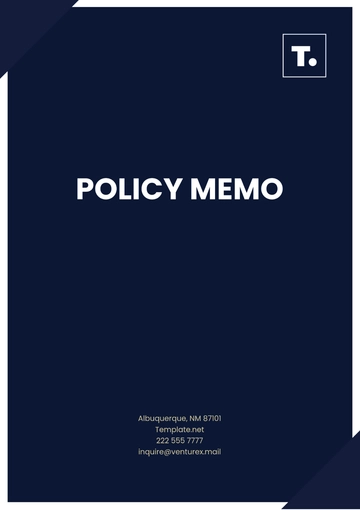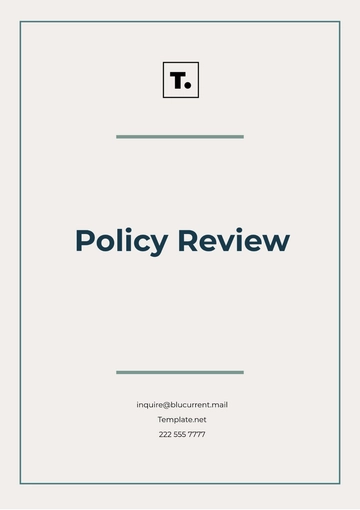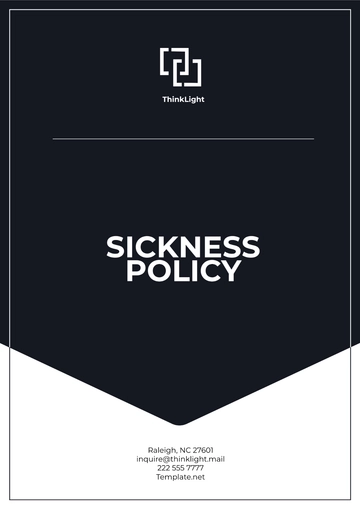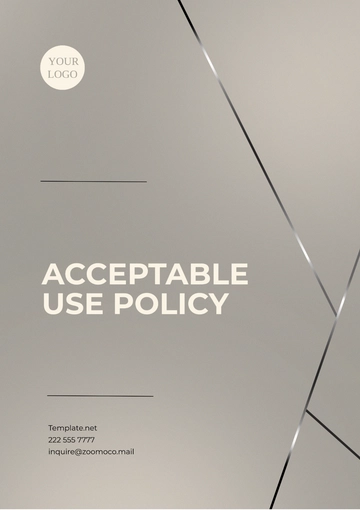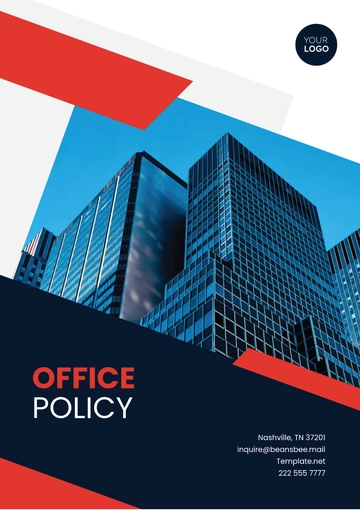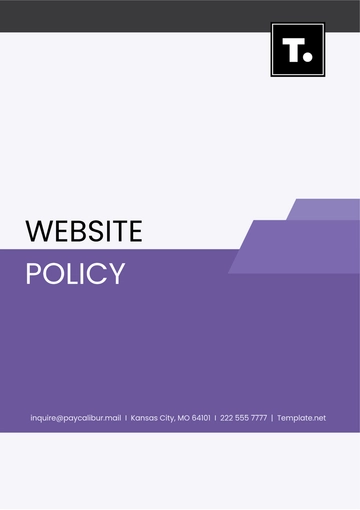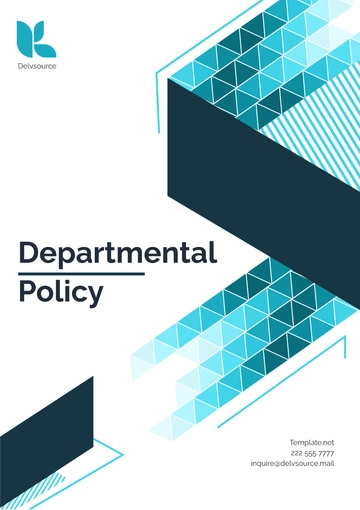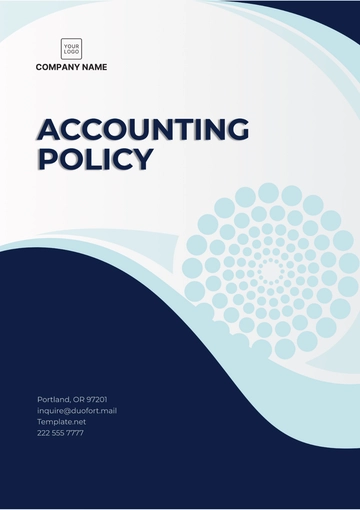Free Access Control Policy
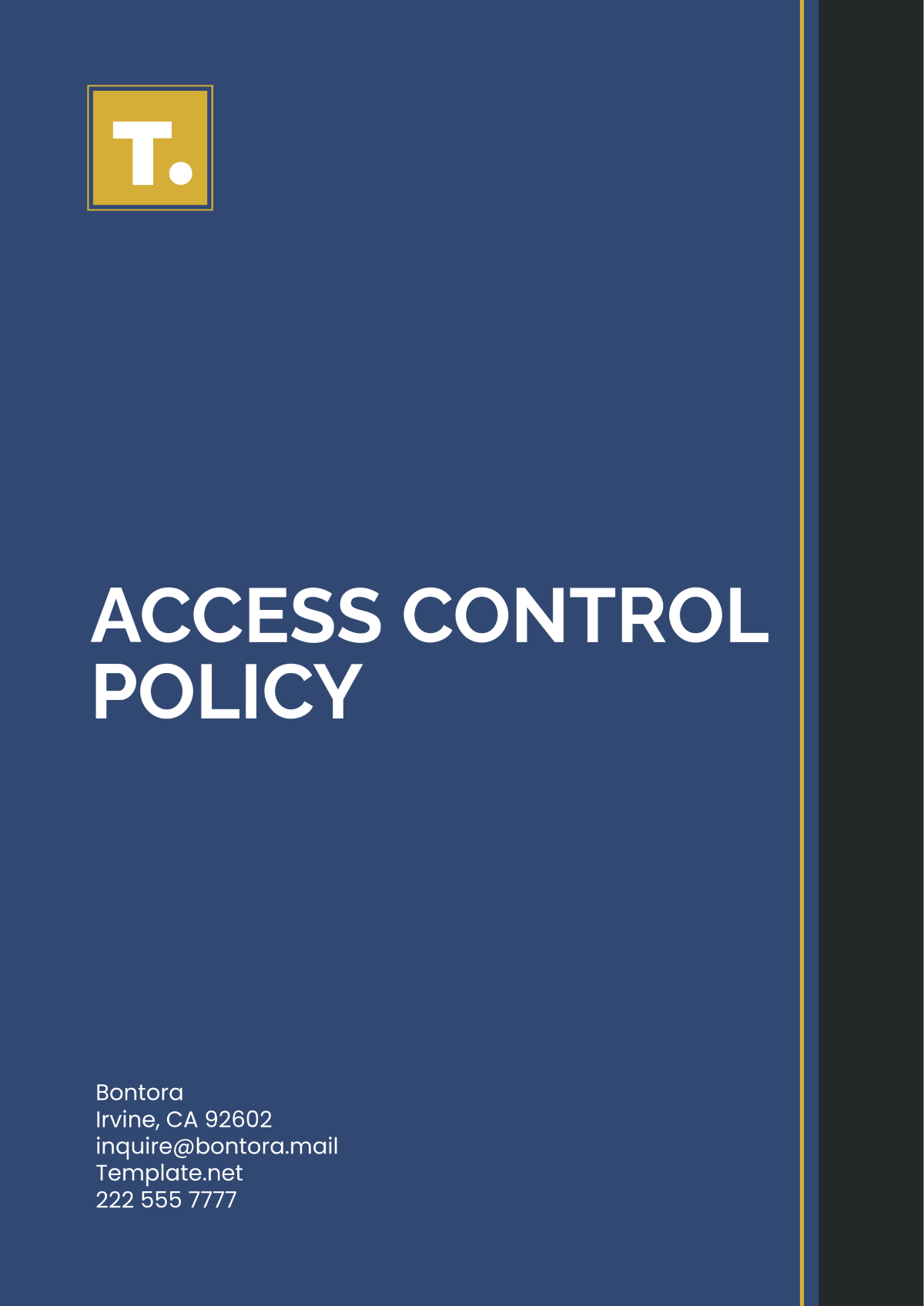
Effective Date: January 1, 2053
Organization Name: [Your Company Name]
Policy Number: ACP-2053-01
1. Purpose
The purpose of this Access Control Policy is to establish a structured framework for managing and safeguarding access to FuturoTech Solutions' information systems, data, and physical assets. This policy ensures that access is granted solely on a need-to-know basis, aligning with the principles of confidentiality, integrity, and availability.
2. Scope
This policy applies to:
All employees, contractors, vendors, and third-party partners.
All organizational information systems, including hardware, software, networks, and physical premises.
Any personal or organizational devices accessing company systems or data.
3. Policy Details
3.1. User Access Management
User accounts are created only after approval from department heads and verification by the IT department.
Accounts will be deactivated immediately upon employee termination or role change.
Quarterly reviews of user permissions will be conducted to align with evolving role requirements.
3.2. Role-Based Access Control (RBAC)
Roles will be clearly defined with access rights tailored to operational needs.
The principle of least privilege will be strictly enforced, limiting access to essential resources only.
All role assignments will be reviewed and validated biannually to ensure compliance.
3.3. Authentication Mechanisms
Multi-factor authentication (MFA) is mandatory for all logins, combining at least two of the following: password, biometric verification, or security token.
Passwords must:
Be a minimum of 12 characters, including uppercase, lowercase, numbers, and special symbols.
Be changed every 45 days, with reuse restricted for the last 10 iterations.
Biometric authentication is required for high-security areas and critical systems.
3.4. Physical Access Control
Physical access to sensitive areas, including server rooms and data centers, requires biometric authentication and access badges.
Visitor access will be granted only with prior authorization and must be logged with entry and exit timestamps.
Security cameras will monitor all access points, and footage will be retained for at least 90 days.
3.5. Remote Access and BYOD (Bring Your Own Device)
Remote access will be permitted only through secure VPN channels and devices pre-approved by the IT department.
Personal devices accessing company resources must comply with security standards, including device encryption and endpoint protection.
4. Monitoring and Compliance
Access logs will be monitored continuously to detect and prevent unauthorized access attempts.
Bi-annual internal audits will assess compliance with this policy and identify areas for improvement.
Violations of this policy will result in disciplinary action, which may include access revocation, suspension, or legal proceedings.
5. Exceptions
Any exceptions to this policy must be documented with justification and approved by the Chief Information Officer (CIO).
Temporary access exceptions will expire within 30 days unless explicitly renewed.
6. Training and Awareness
All users must complete annual security training to remain informed about access control policies and best practices.
Awareness campaigns will be conducted quarterly to address emerging security threats.
7. Revision History
Version | Date | Description | Approved By |
|---|---|---|---|
1.0 | Jan 1, 2053 | Initial policy draft | [Your Name], CIO |
Authorized by:
 [Your Name]
[Your Name]
Chief Information Officer
Date: December 31, 2052
- 100% Customizable, free editor
- Access 1 Million+ Templates, photo’s & graphics
- Download or share as a template
- Click and replace photos, graphics, text, backgrounds
- Resize, crop, AI write & more
- Access advanced editor
Secure sensitive areas and information with Template.net's Access Control Policy Template. This editable and customizable tool enables you to define access protocols clearly and effectively. Editable in our Ai Editor Tool, it’s the ideal resource for creating a professional and efficient access control policy.
You may also like
- HR Policy
- Restaurant Policy
- Company Policy
- Accounting Policies and Procedures
- Website Policy
- Privacy Policy
- Safety Policy
- School Policy
- IT and Software Policy
- Law Firm Policy
- Construction Policy
- Interior Design Policy
- Travel Agency Policy
- Education Academic Policy
- Security Policy
- Real Estate Policy
- Expense Policy
- Software Policy
